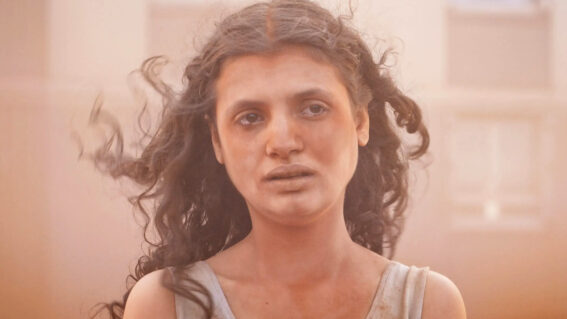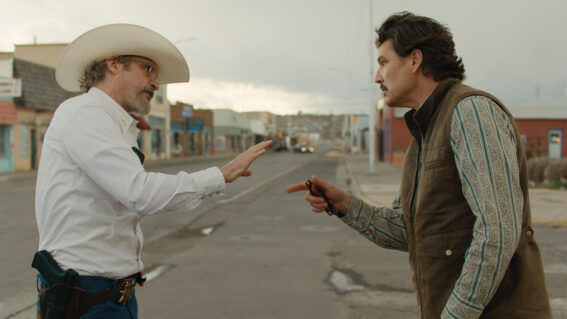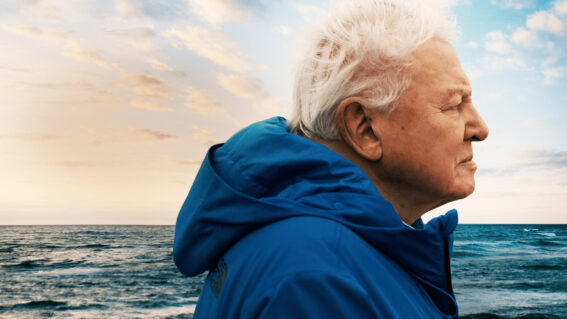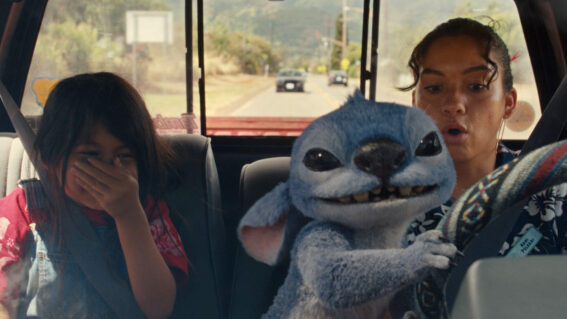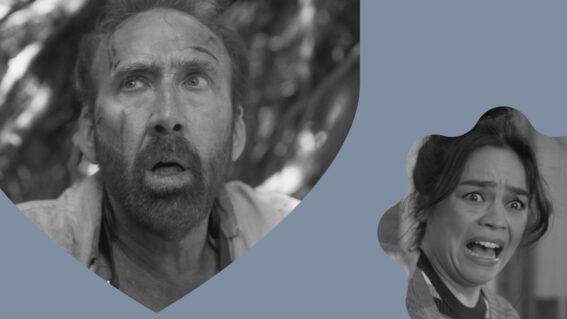Our final dispatch from Cannes 2025: award winners and other highlights to look out for
This year’s highlights – from the Palme d’Or winner to other recommended watchlist adds…
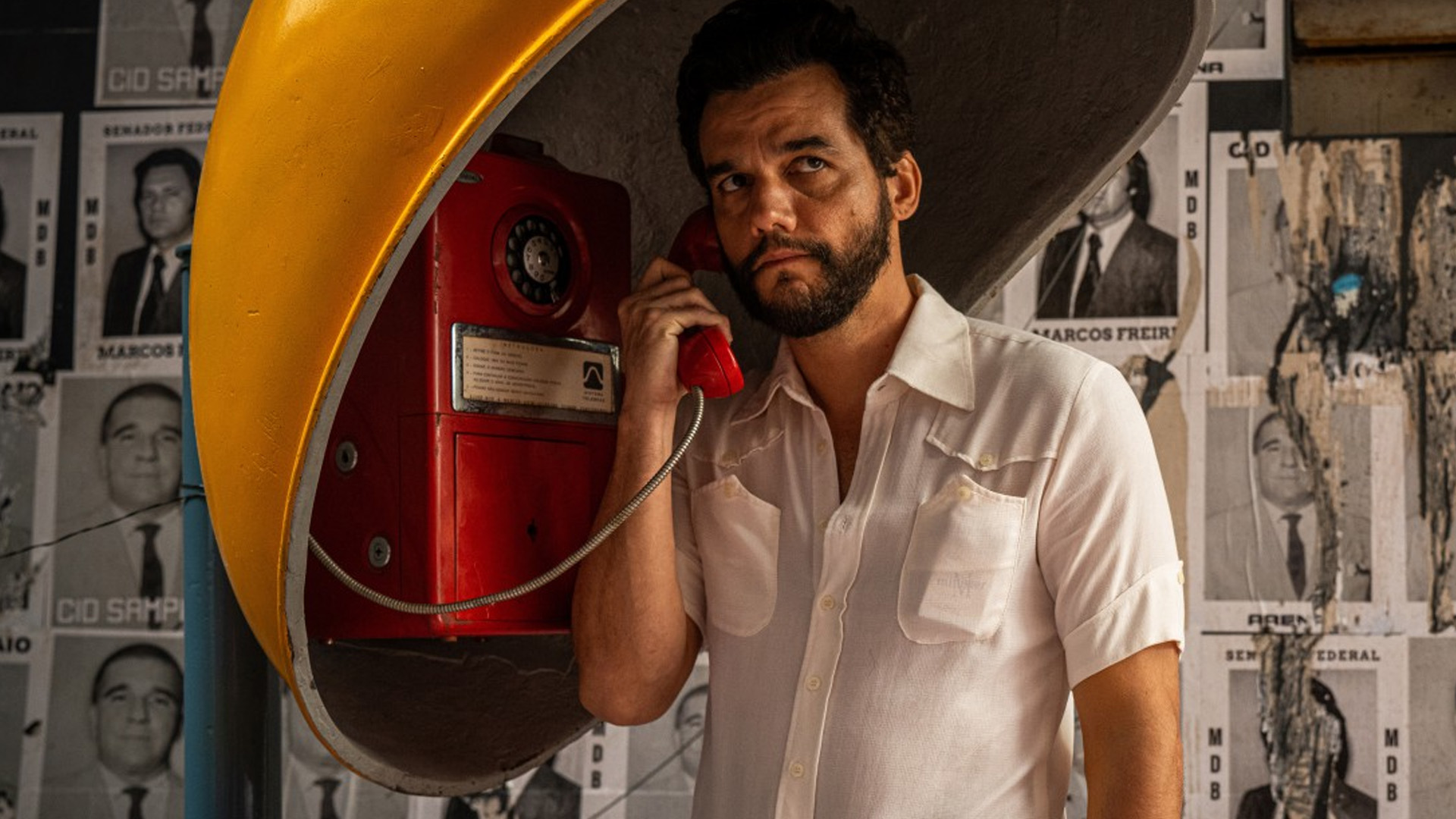
With Cannes done and dusted for another year, Rory Doherty reports back on this year’s highlights – from the Palme d’Or winner to other recommended watches that received no flowers…
It’s the last week of May, which means that another edition of the Cannes Film Festival has drawn to a close. Last year’s edition was still being talked about as late as March of this year, as multiple big titles from the 2024 programme—including The Substance, Emilia Pérez, Flow, and Palme d’Or/Best Picture winner Anora—were successful at the Academy Awards. (Tragically, Megalopolis was left in the dirt.)
Are the Oscars getting more international, or is Cannes getting more mainstream? We’d need our own specialist jury of experts and artists to get to the bottom of that—right now, we want to break down the highs and the lows of a festival full of impressive international work and the occasional divisive surprise.
A couple of buzzy French-language films went unacknowledged—Nouvelle Vague, Richard Linklater’s cheeky fanboy recreation of the production of Godard’s Breathless, won’t be anyone’s favourite film of the festival, but on average it may be better received than Julia Ducournau’s polarising Alpha. The Titane director followed up her Palme d’Or win with a film that sands down the allegorical nature of body horror for a direct, bleak film about the destitute and sense-affecting experience of disease.
Related reading:
* Palme d’Or winner Julia Ducournau returns to Cannes with blunt, uncompromising Alpha
* Ari Aster’s Eddington pursues emasculation to the point of self-sabotage
* Cannes goes Peak Wes Anderson with the premiere of The Phoenician Scheme
The jury is no longer out on the Official Competition titles—this year, it just wasn’t meant to be for English-language films. Die, My Love, Lynne Ramsay’s scalding and disorientating psychodrama, wasn’t in the running for anything except Jennifer Lawrence for Best Actress, but the lukewarm reception to Anglo-sphere films like Eddington, The History of Sound, and The Phoenician Scheme all but guaranteed they’d go home empty-handed.
The real oversight? Kelly Reichardt’s The Mastermind, an indie art heist flick that turns into a sad and poignant unravelling of a coward during the Vietnam years. It was the last film to premiere in competition and received no flowers despite being one of the best films of the whole festival.
Who did win? Joachim Trier’s ambitious generational trauma drama Sentimental Value, which reunited him with The Worst Person in the World’s Renate Reinsve and added a crotchety, arrogant Stellan Skarsgård to the Norwegian filmmaker’s troupe of players. It’s a confident, affecting look at how art can equally facilitate and get in the way of healing, and a worthy Grand Prix (second place) winner.
The third place Jury Prize was a tie: Sirât is an existential road trip drama that begins at a massive outdoor rave in the Moroccan desert and takes, well, some incredibly unpleasant and visceral turns from there; Sound of Falling is a textured, intimate and unsparing account of four generations of German women who live in a large farmhouse and try to survive the punishing patriarchal pressures that affect them each in different ways.
Big up Brazil! The Secret Agent won both Best Actor for Wagner Moura (Narcos) and Best Director for Kleber Mendonça Filho (Bacurau), and both awards were well-deserved. The film is not a tightly-wound espionage thriller, but rather a tense, emotional and novelistic film set in Recife in ’77, during the country’s extended military dictatorship.
The jury also gave a Special Prize to the most challenging and rewarding film in the line-up—Bi Gan’s Resurrection, an odyssey through a century of Chinese cinema through the perspective of disconnected dreamers, each colliding with the frustrating allure of immortality. It’s 160 minutes and willfully perplexing, but an incredible watch.
Of course, there’s no Cannes awards without the illustrious Palme d’Or, and after the premiere of It Was Just an Accident by Iranian dissident filmmaker Jafar Panahi in the second week (like last year’s festival, this Cannes was a very back-loaded programme), it was clear we had a frontrunner. Panahi’s films have often been banned in Iran, over his 30 year filmmaking career he has been imprisoned, placed under house arrest, and forbidden from making films—which makes his in-person return to Cannes with a searing drama about a band of dissidents who think they’ve miraculously discovered their former torturer all the more momentous.
There were a few debuts of note—Urchin, the directorial debut from actor Harris Dickinson, is a thoughtful and astute drama about rough sleeping in modern Britain. The more formally ambitious My Father’s Shadow from Akinola Davies Jr (the first Nigerian film included in Cannes’ Official Selection) is a confident semi-autobiographical look at two brothers kept at a distance from their father as he fights for democracy in ’90s Lagos. If you seek out one debut from this year’s Cannes, make it this.
What happened elsewhere in Cannes? A palm tree fell on someone, the entire city lost power on the final day of screenings, Denzel Washington yelled at a pushy photographer. Out of competition highlights included Spike Lee’s messy but ultimately thrilling Highest 2 Lowest, the colonial critical historical drama Magellan starring an on-form Gael García Bernal, and the Japanese Exit 8, a playful and eerie horror movie about being trapped in endless, near-identical subway corridors. The fact that Cannes’ first-ever video game movie is such an exciting and enjoyable watch bodes well: fingers crossed for A24’s Elden Ring making a play for the Palme in a few years?











